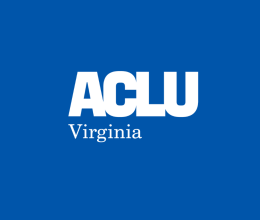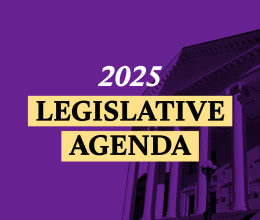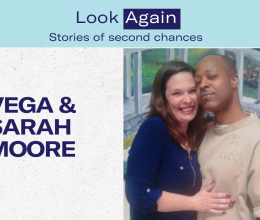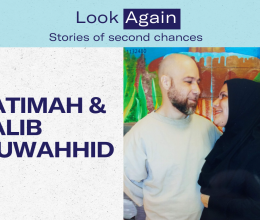UPDATE: Today, Dec. 4, the Virginia State Crime Commission announced it would endorse expansion of the DNA DataBank. We are disappointed that the commission would approve expansion of the DNA databank while knowing that doing so can increase ethnic bias and the likelihood of false matches, among other harmful results. We continue to have serious concerns about privacy and due process with regard to mandatory DNA sampling in law enforcement, and further expanding a database that already includes the most sensitive, personal information about one in every 20 Virginians, even as the number of ‘hits’ is in decline.
The ACLU of Virginia today sent a letter to the Virginia State Crime Commission expressing its opposition to the possible expansion of the list of misdemeanors for which DNA collection from offenders would be mandatory upon conviction.
"Already in Virginia, the mandatory collection of DNA has gone beyond what is reasonable or justifiable, raising significant concerns about the privacy rights of people convicted of minor offenses and many who have not even been convicted of a crime," the letter states.
Citing statistics from the Virginia Department of Forensic Science, the letter argued that Virginia's practices regarding DNA collection and databank usage are unjustifiably overbroad. The DNA Databank has escalated every year now to include 426,534 entries, or about one in every 20 people living across the Commonwealth, while the number of "hits" is in gradual decline, from 933 in 2010 to 531 so far in 2017. "Further, the majority type of crimes being solved or assisted in being solved through such hits —65.6 percent - are for non-violent burglaries or robberies, rather than the heinous violent offenses the databank was originally set up to ward against," the letter states.
For the following reasons, the ACLU of Virginia opposes the DNA databank expansion:
- Increasing the size of DNA databases actually raises the likelihood of false matches. Recent studies have confirmed that matches between DNA profiles from different people are far from impossible, including between close relatives, which would lead to false arrests and convictions.
- Increasing the size ofa databank also increases the possibility of ethnic bias, meaning that the overrepresentation of particular ethnic groups in the criminal justice system — and thus also in the DNA databank — may lead to a disproportionate number of arrests of innocent people within that ethnic group.
- Requiring DNA collection from people who have only been charged but not convicted of a crime raises serious due process concerns and calls into question the fundamental commitment to the doctrine of presumed innocence.
- Privacy concerns related to the practice of DNA collection in general cannot be overstated. DNA inherently contains the most personal information about any person, including predictive information about a person’s predisposition to illnesses or certain behaviors of which the individual themselves may not have knowledge. Requiring persons convicted of only minor crimes or arrested but not convicted of any crime is needlessly invasive.
- There is no quantitative evidence supporting the hypothesis that expanded DNA databases will lead to more “cold hits” — unexpected matches that occur when evidence from old, unsolved cases are compared against a databank — because the state does not track such matches to conviction.
The ACLU of Virginia believes the expansion raises serious constitutional concerns and could expose the Commonwealth to costly, detrimental legal actions. We urge members of the Commission to reject any proposals to expand DNA collection within the criminal justice system.






